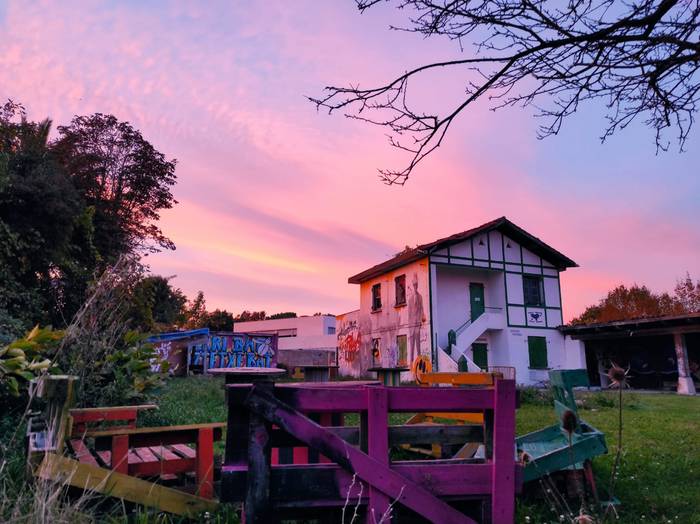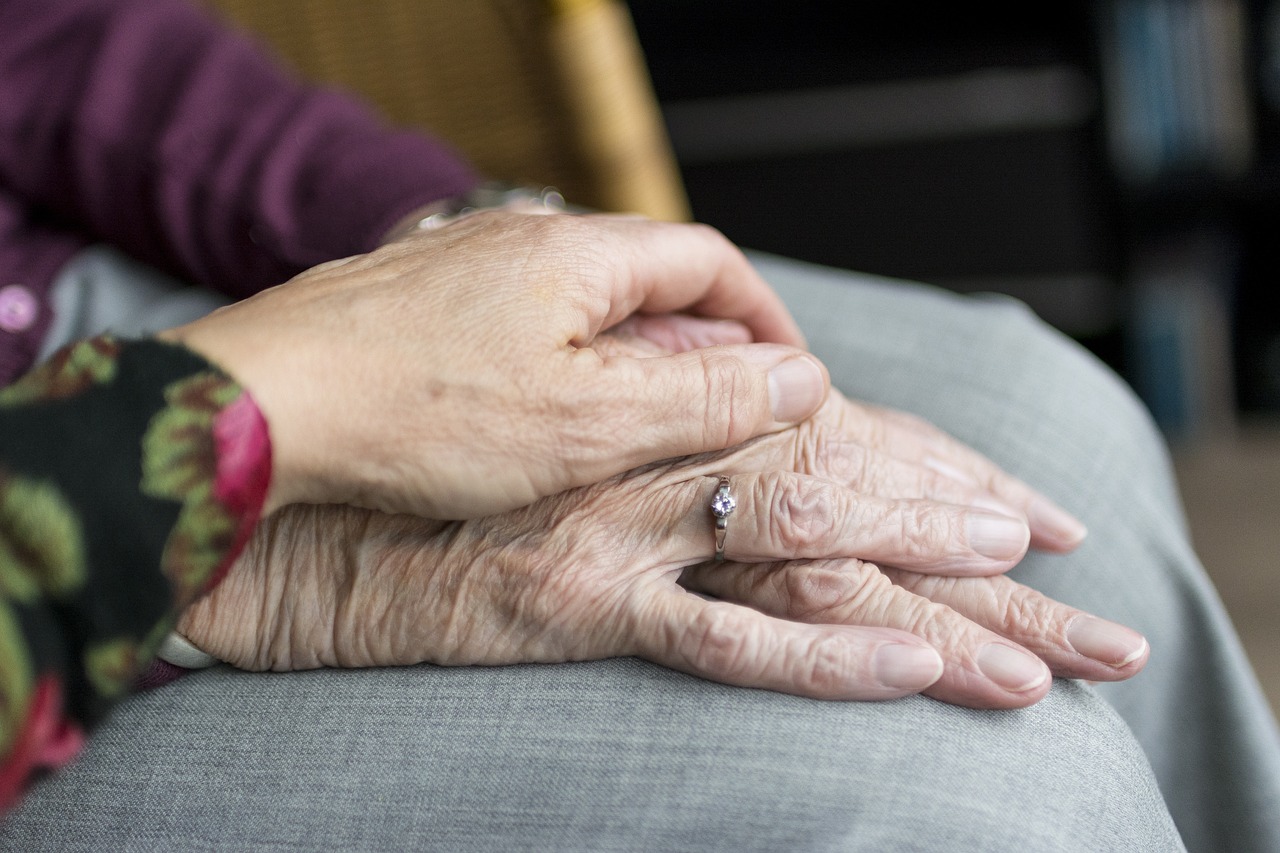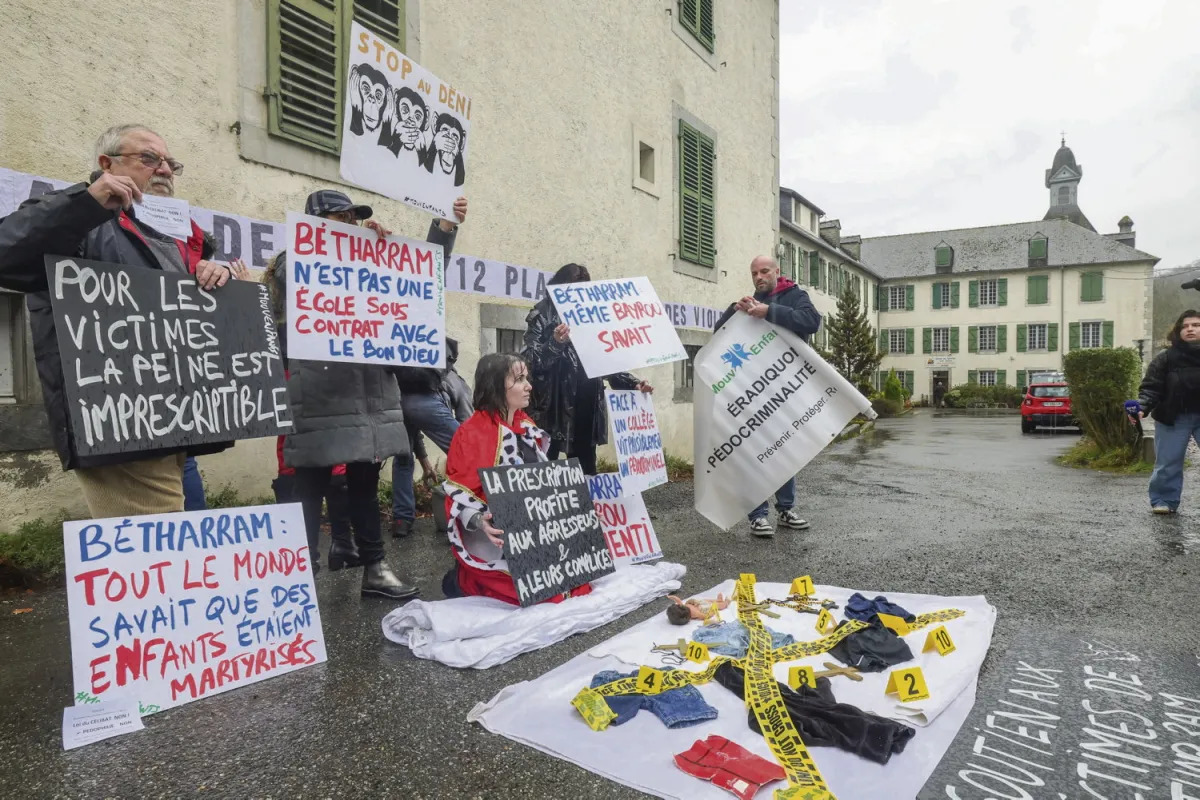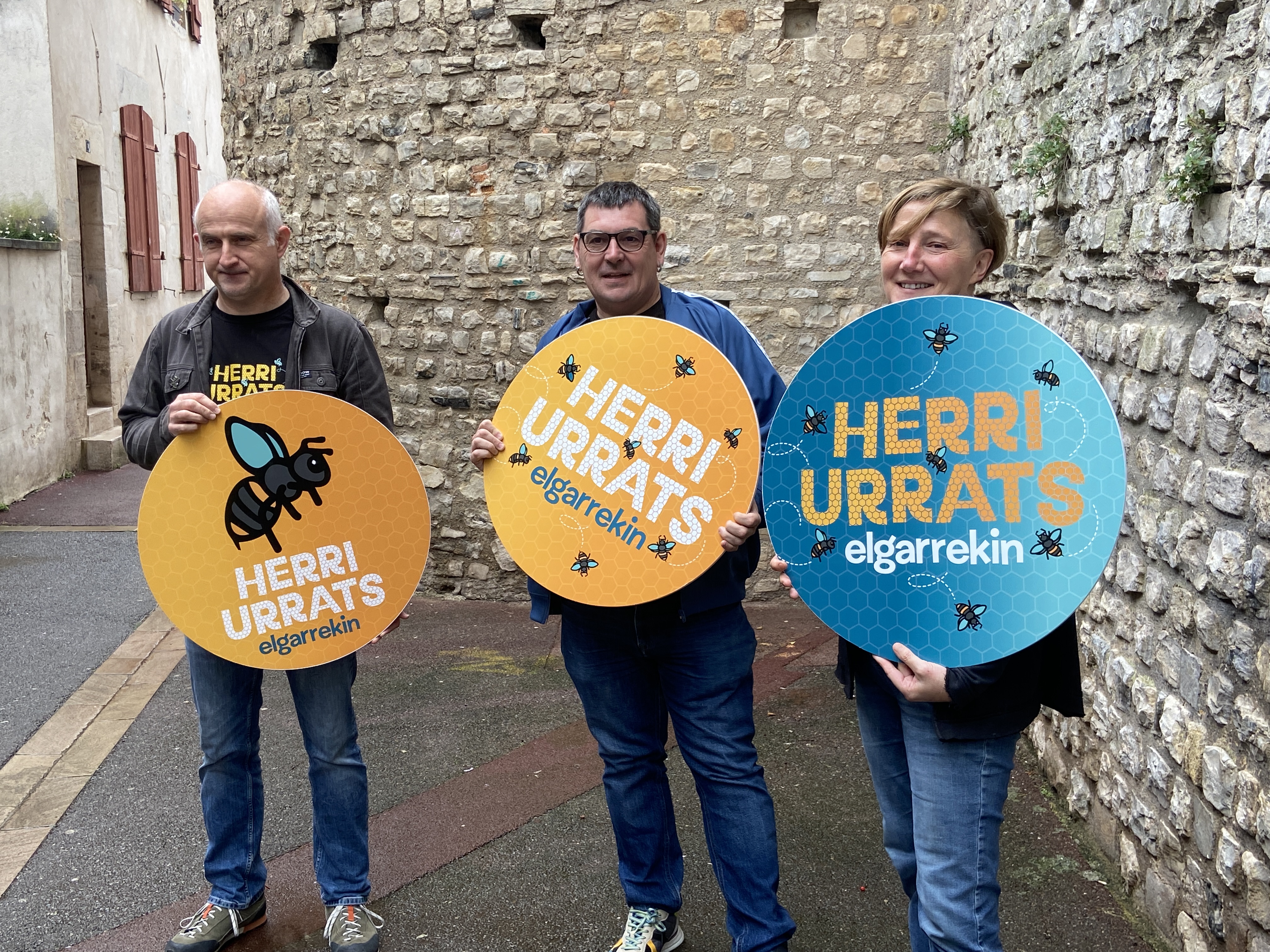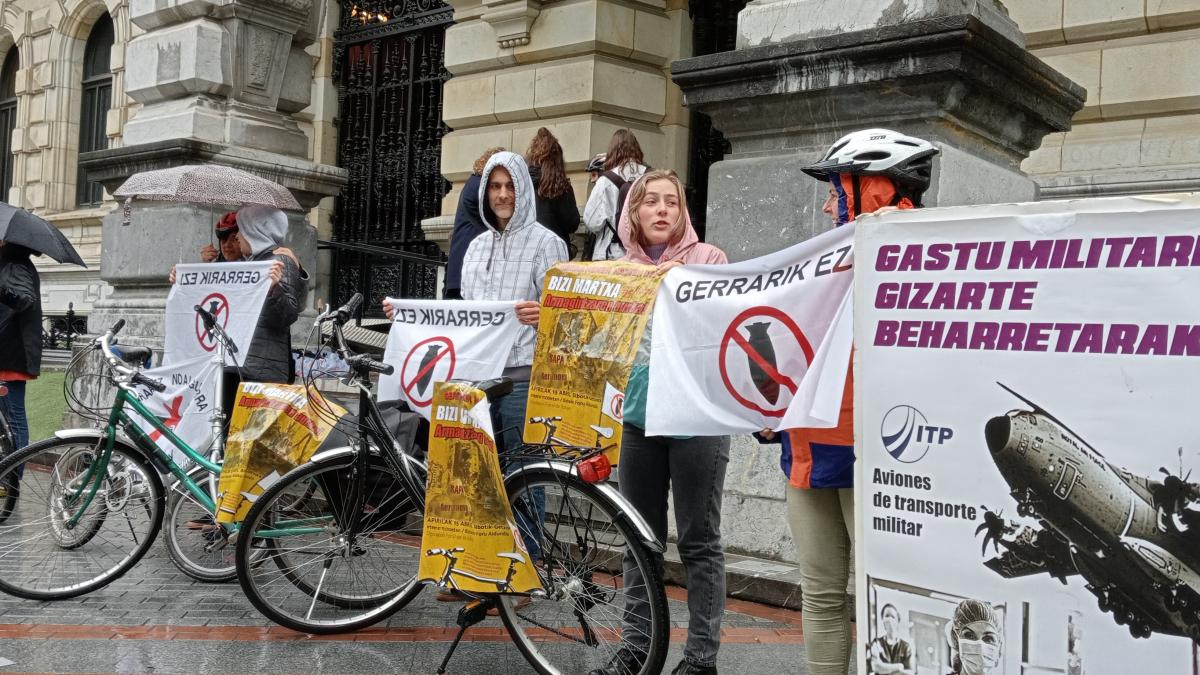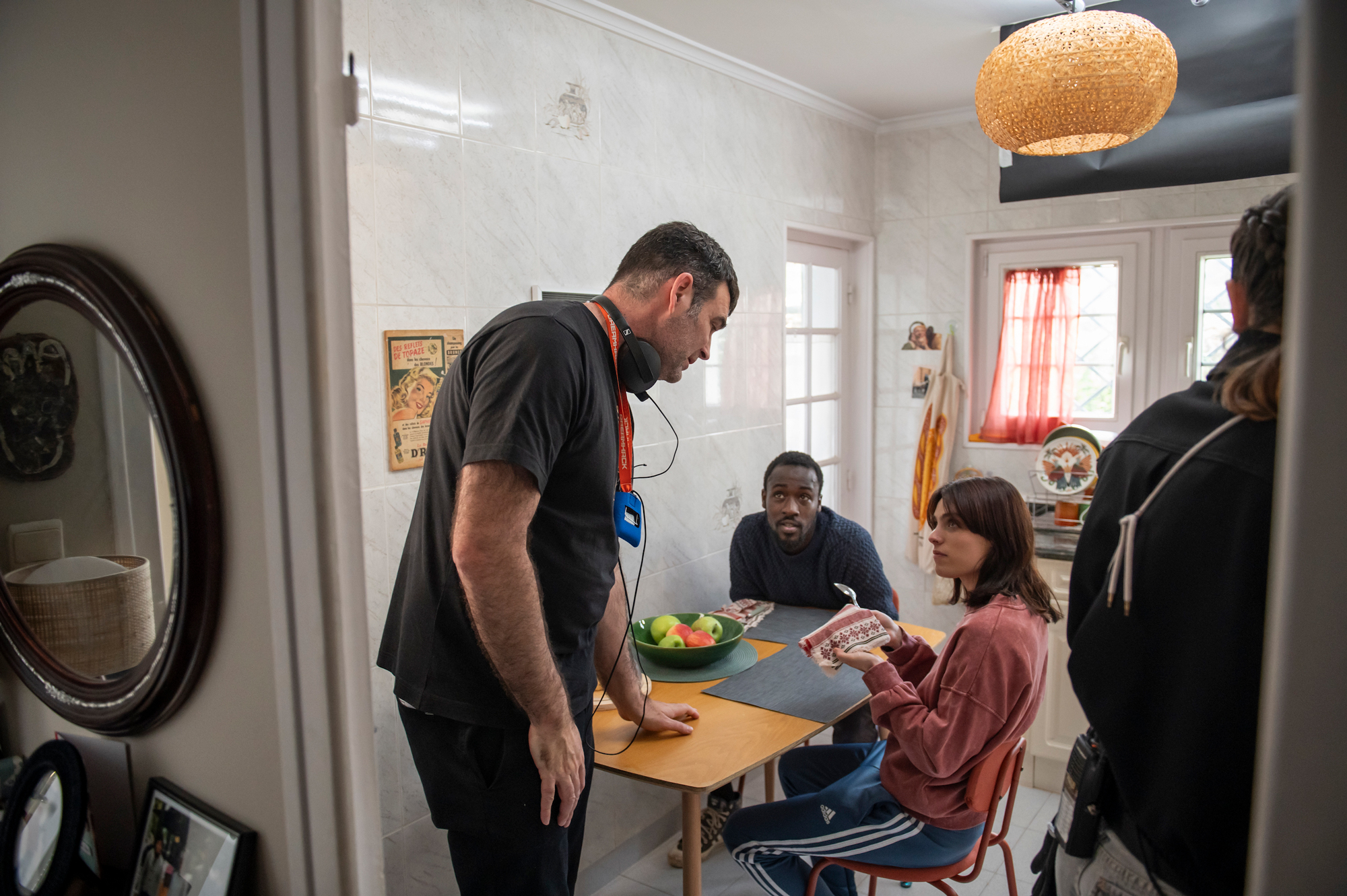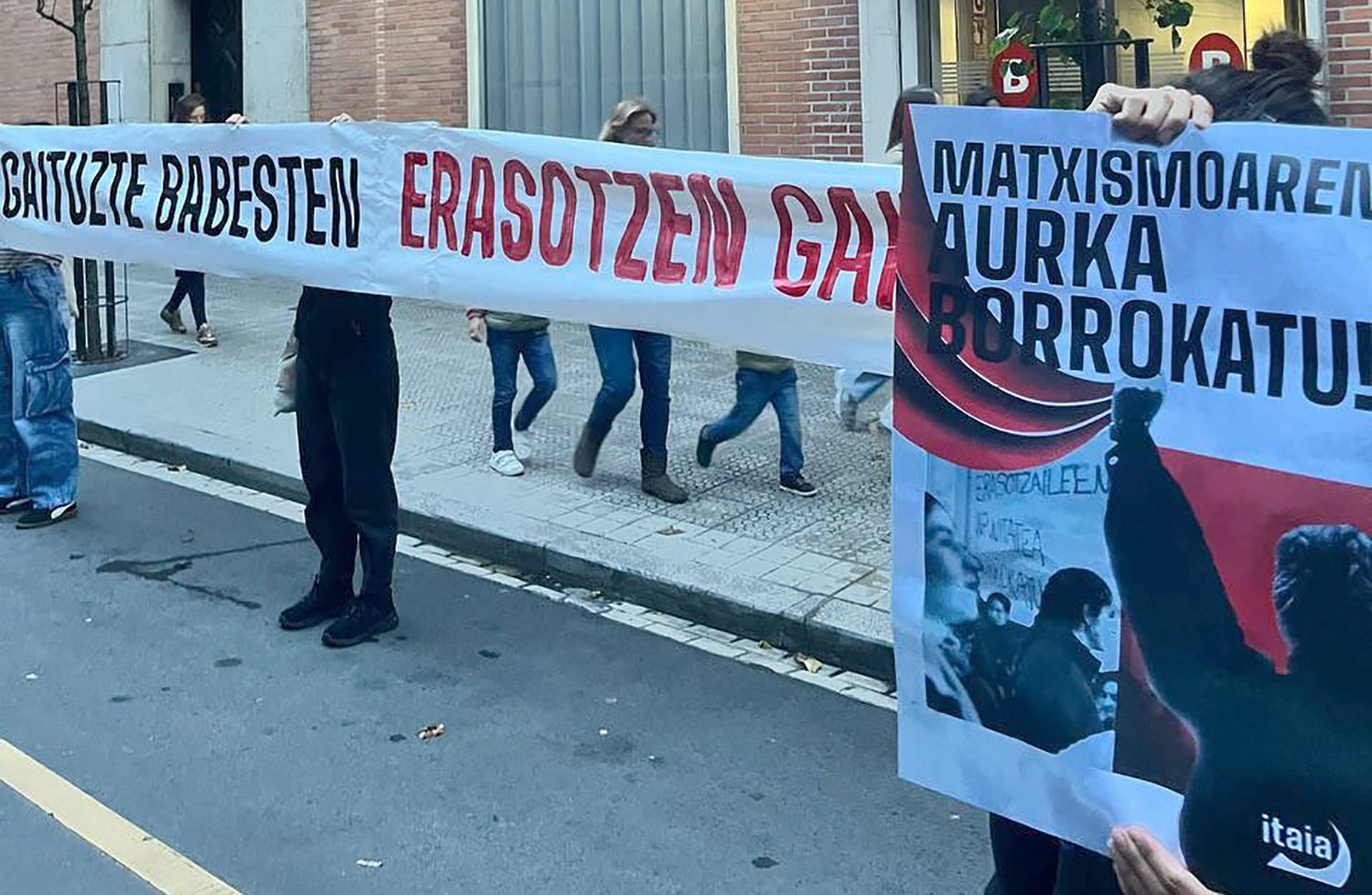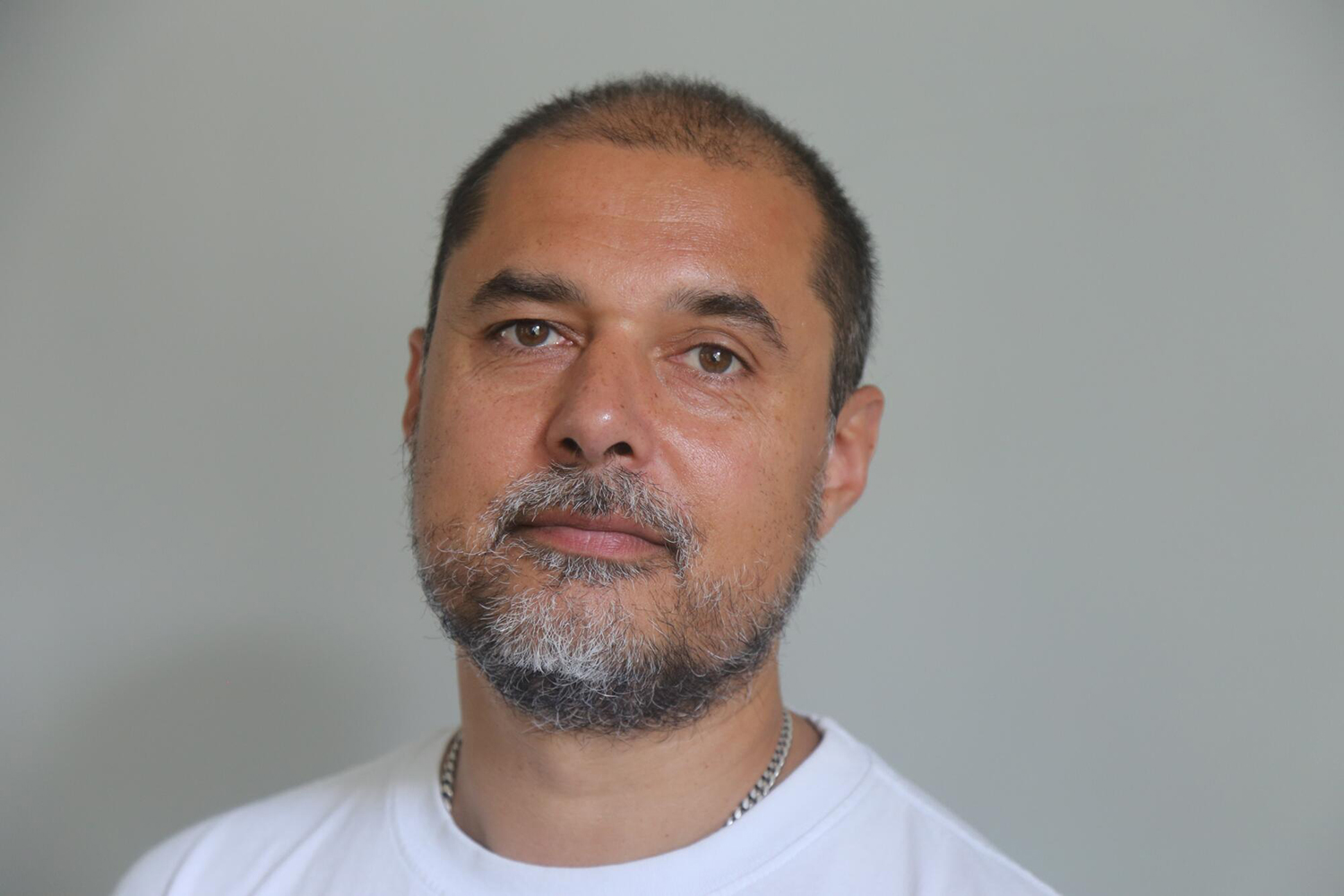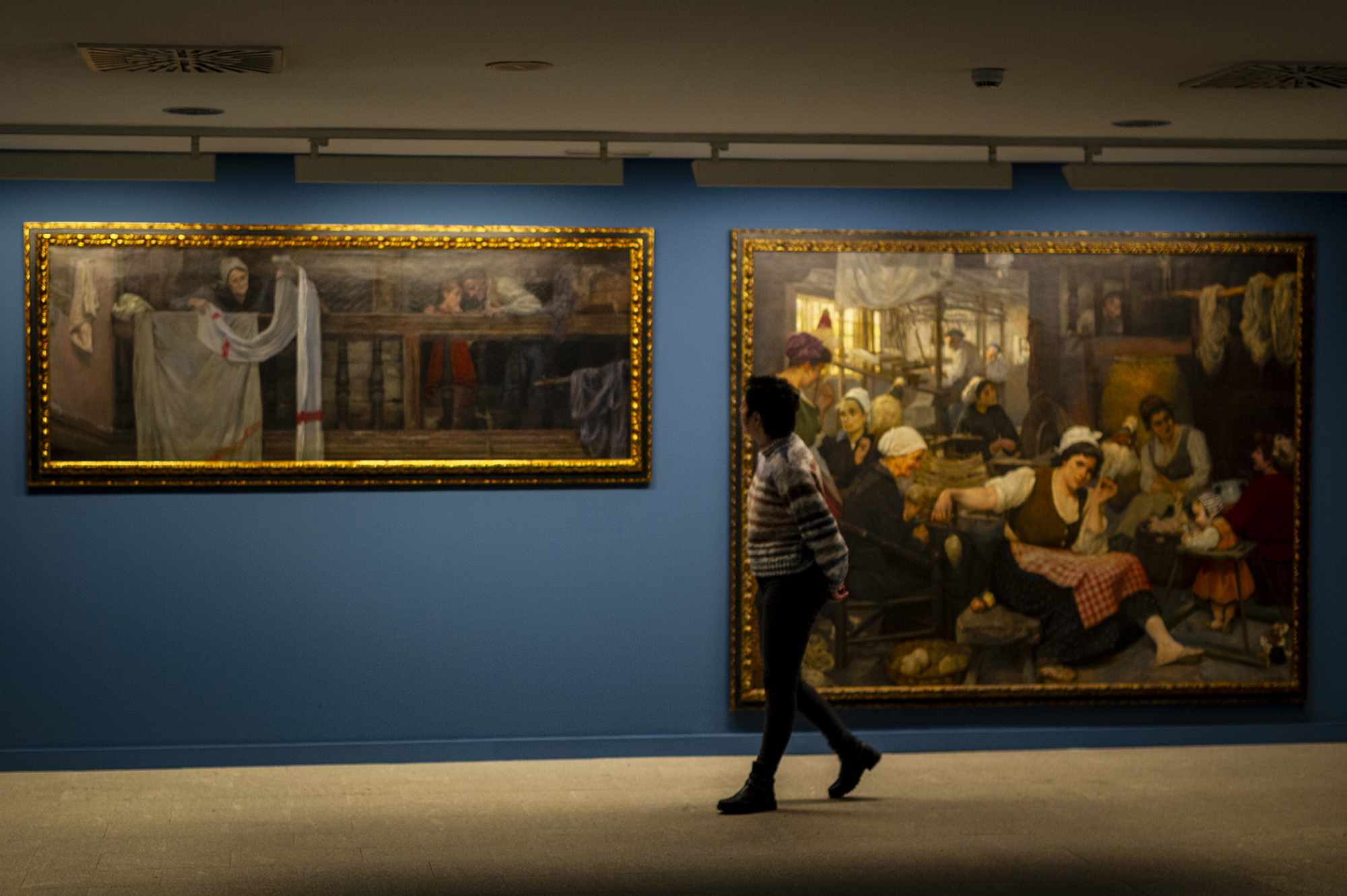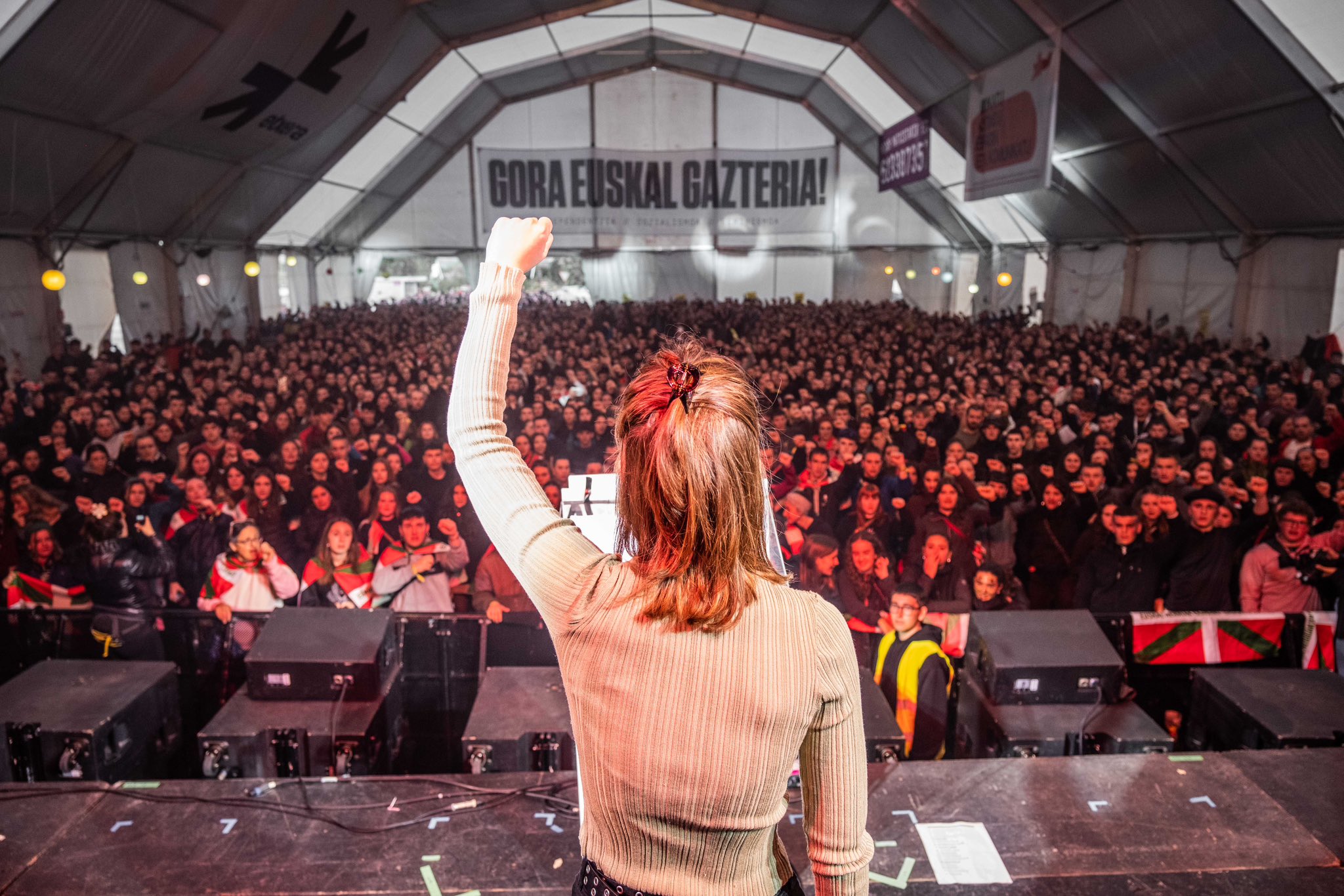Part of the jail in the garden, with the aim of achieving self-esteem and autonomy
- A few kilometers from Baiona, Caserío Baudonne has been created in Nos, a prison for women who are suffering a long sentence. With the installation of ecological horticulture in the centre, the Emmaus Association, in charge of the area, will address the issue of ex-prison and the welfare of prisoners. There they can spend between six months and two years, to steal prisons with the aim of restoring dignity and prison autonomy. The first prisoners will arrive in April.

Gabi Mouesca starts talking without giving her time to turn on the recorder. He has barely had time to rest the backpack and we are already there, in the area called Baudonne, walking: “There will be bedrooms, individual, in each of them there will be showers and toilets, there will be a collective place, where the dining room will be eaten, where the workers, the companions and the prisoners we share, there will be three apartments, where the mothers can be with the children, there will be the garden”. Space will be of great importance in achieving the objectives. Baudonne will become a shelter for women who are being sentenced to long prison terms, in which they will spend the last months in prison. It will be a space to recover autonomy and dignity and prepare for dismissal. The first seven women will arrive in April. From next year onwards there will be ten seats.
We have met Mouesca, who has drawn and incarnated the project in recent years. The dining room tomorrow but for the moment we have returned to the inter-national office with two computers, a 2020 calendar and a little more. As I continue with the presentation, I have interrupted the flow of words, warned him of the importance of using the words he used as he used them, and asked him the time to turn on the recorder. “Do you see those three little potrets on the wall? Do you know who they are? Abate Pierre, you know him, and together with him Georges Legay and Lucie Coutaz, the three are the creators of Emmaus. In Emmaus's DNA, we have a prisoner, the famous Georges, who has spent 20 years in prison. I say that among the 71,000 people in French prisons we have 71,000 potential Georges: if you invite them to be agents in their lives and in the life of the community, if most have, we will answer that we do. We want to extend this invitation with this hamlet, as did the abbot Pierre.”
The Baudonne dwelling will be in the hands of the Emmaus structure, which this year is 70 years old. There are two other marriages of this kind in the French State, both managed by Emmaus and this is the third but the first for women. Mouesca is the director of this space, with the necessary empathy to occupy this position, as she also spent 17 years in prison as an IK militant, between 1984 and 2001. “Many prisoners and prisoners – and I do of course – talk about an Oskola over the years in prison when talking about reinsertion and when they are asked to speak about what they want to work on the road to reconstruction. Jail is made up of violence and threats, and in that atmosphere that leads to death, everyone has to build that shell to protect themselves. When you’re liberated, you need months, years, decades to undo that, and some never get it.”
In the Horticulture Center
Caserío Baudonne is the name of the project located in Nos a few kilometers from Baiona. Because it's an orchard at the base. Three hectares of land for organic vegetable production. “A very good land, as the Society of the Earth of Tomorrow has told us. What will remain very good in a hundred years’ time,” says Mouesca very pleased. The prisoners will be workers in the garden, with a work contract of 26 hours a week, employees.
They will spend the mornings in the garden to dedicate the evenings to other things: art, culture, farewell and the reconstruction process
The added value that the crop can have in the process of reinsertion and personal recovery is high. Plant, cultivate, care, collect, recover the seeds to repeat the process, feed it all, oneself or next to it. The self-esteem that this entails is not small. Anyone wishing to do so can be trained in the garden, in cooperation with the schools of Hazparne and Oyereluy. They will spend the mornings in the garden to dedicate the evenings to other things, such as art, culture, dismissal and the reconstruction process.
The request shall be extended by the prisoner
You may request that the penalty be terminated at the same place. The prisoner shall send a letter of request to Baudonn – directly or through the prison counsellor responsible for reinsertion and proof. Having received the envelope, Mouesca or Maude, educator, will come to know the prisoner and explain the project in detail. If mutual knowledge has been satisfactory to both parties and remains interested in the project, the prisoner shall request a 48-hour leave from the prison judge responsible for carrying out the sentences. Two days in the farmhouse, discovering horticulture, space, group, the general context. If, after all, the intention to go and Baudonne Baserri also looks favourably upon his arrival, he should request special authorization from the prison judge responsible for carrying out the sentences. There, the prisoner may spend a period of between six months and two years. “We refuse to be less than six months, because the six-month deadline is the minimum to prepare a person’s future, we can’t do it in less time, we don’t have a magician.”
They will continue to deny the status of prisoners. So I asked him how long it would be for Baudonne. With a stick in his hand, with clemency in his head, he has been described aloud as the director of the prison, laughing because he cannot be depicted as such. “It’s going to be a home, we’re going to make desperation for the unstructured by the jail again. And that's what you're going to find: trust. I know from experience that the word prison is mistrust. We're suspicious of a dead black man. Here you will find a home that will be based on trust. But trust does not prevent control, they will read, understand and sign an internal regulation when they arrive. The terms of office of the Judge of the Application of the Penalty and of the adviser who will be responsible for reinsertion and evidence will also be present.” The answer to this question could be as follows: “I am an abolitionist. The end of prisons will come in this century, but I will not know. However, instead of being in the atmosphere of the cell that absorbs you vitality, it is not a little to offer the opportunity to be in an orchard, in creation or in dreams. This is where the months will pass. At least, that time will not have passed in the period of de-structuring and de-socialization”.
In April the first women will arrive in the village. The team will be enthusiastically confronted: Mouesca himself, the collaborators, Maude, a longtime militant in the Genepi and Alexandre association, who, besides being the horticulturist, is also ergonomics. “We are OK with a horticulturist who knows and cares for bodies and movements, as they are bodies that prison has exhausted. It’s also important.”












